 OVERVIEW
OVERVIEW
The community is working to increase the
percentage of central Iowa students who graduate from high school. To achieve this goal, we must consider several factors that impact student success, including kindergarten readiness, reading proficiency by third grade, and support for students through middle and high school.
Research is clear that the middle school years (grades 6-8) are extremely important to the long-term trajectory of a student’s life. Middle school students are growing and developing more rapidly than at any other stage of development except infancy. The middle grades are the “make it or break it” years, when some students begin to disengage from school, increasing the likelihood of dropping out of high school. There also is a critical gap of devoted resources and programs designed to address middle school students’ specific needs.
While in-school time is important, out-of-school programs are just as critical. This time can help students build skills for academic success while supporting them in navigating the transitions through middle school. Out-of-school programs can also provide teens with the resources, skills, and role models they need to prevent them from disengaging from school.
OBJECTIVES
This work group continues to focus on kindergarten readiness. United Way of Central Iowa also remains committed to leading a community effort around addressing third-grade reading proficiency through Read to Succeed.
In the next phase, this work group will direct more attention to middle school success, an area stakeholders have identified as needing additional focus and resources. Research indicates that students at risk of dropping out can be identified as early as sixth grade. In fact, sixth-graders who display just one of the following off-track indicators have only a 15%-25% chance of graduating on time:
- A failing grade in mathematics or English/language arts
- An attendance rate of less than 85%
- One unsatisfactory behavior mark in a core course
This work group will purposefully address the gap between the needs of middle schoolers and current resources and programming in our community. In particular, the group will look at the initiatives of Future Ready Iowa and how to integrate career-readiness strategies in middle school.
FIRST-PHASE GOALS |
RESULTS |
|
1. Continue to increase the high school graduation rate, with a focus on students of color. |
|
|
2. Continue to support efforts to increase kindergarten readiness. |
|
|
3. Advocate for legislation that will support educational issues and needs. |
|
SECOND-PHASE GOALS |
RESULTS |
|
1. Grow opportunities for the most vulnerable middle schoolers in central Iowa by offering age-appropriate, engaging experiences while addressing barriers and implementing strategies to increase their participation. |
|
|
2. Give providers and stakeholders who influence middle school students professional learning opportunities and opportunities to collaborate. |
|
|
3. Engage with families, parent groups, and guardians of the most vulnerable children in central Iowa to highlight children’s specific needs during their middle school years and provide access to resources for them. |
|










%20-%20No%20Tagline.png?width=180&name=211%20Logo%20-%20color%20(white%20bubble)%20-%20No%20Tagline.png)

